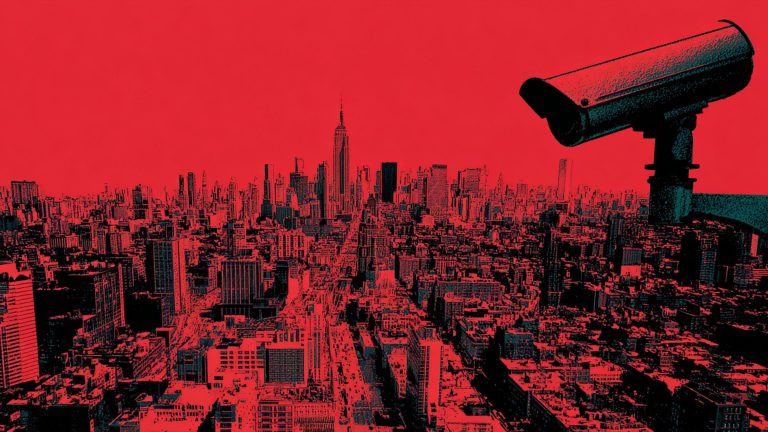Facebook co-founder Chris Huges is proposing the idea that the tech company should be divided into at least three branches.
According to Huges, the company’s size makes it too powerful – up to the point where it became an obstacle to free competition – and an increasing number of Democratic presidential candidates share his opinion.
Democratic Senator Elizabeth Warren proposed a regulatory plan aimed at breaking up large tech companies such as Facebook, in front of a crowd of people in Queens. Yesterday Sen. Kamala Harris said “we have to seriously take a look” at breaking up Facebook, and today Joe Biden said that a breakup is “something we should take a really hard look at.”
Facebook’s detailed reply came first from Nick Clegg, the head of communications and policy. He commented in an op-ed in the NY Times that the company has a lot of meaningful competition, and that breaking it up would make it more difficult to control and police:
“Big in itself isn’t bad. Success should not be penalized. Our success has given billions of people around the globe access to new ways of communicating with one another. Earning money from ads means we can provide those tools to people for free. Facebook shouldn’t be broken up — but it does need to be held to account. Anyone worried about the challenges we face in an online world should look at getting the rules of the internet right, not dismantling successful American companies.”
Mark Zuckerberg exposed a similar opinion in an interview for France2, during his visit to France where he had to meet with President Macron: “When I read what [Chris Huges] wrote, my main reaction was that what he’s proposing that we do isn’t going to do anything to help solve those issues. So I think that if what you care about is democracy and elections, then you want a company like us to be able to invest billions of dollars per year like we are in building up really advanced tools to fight election interference.”
Zuckerberg would rather prefer the French approach to the “control” problem – a government monitoring regime. After six months spent working inside the company to monitor its policies, French regulators released a 33-page report with directions for how regulations should work. The report recommends that “French authorities should have more access to Facebook’s algorithms and greater scope to audit the company’s internal policies against hate speech”.
“If more countries can follow the lead of what your government has done here, that will likely end up being a more positive outcome for the world in my view than some of the alternatives,” Zuckerberg told the French reporters at his Paris office.
It’s hard to tell if Facebook will be really broken up or it will just submit to some kind of monitoring regime. It seems though that the breaking-up hypothesis, dreaded by Zuckerberg, will likely become one of the battle horses of the Democratic presidential candidates’ campaigns.








